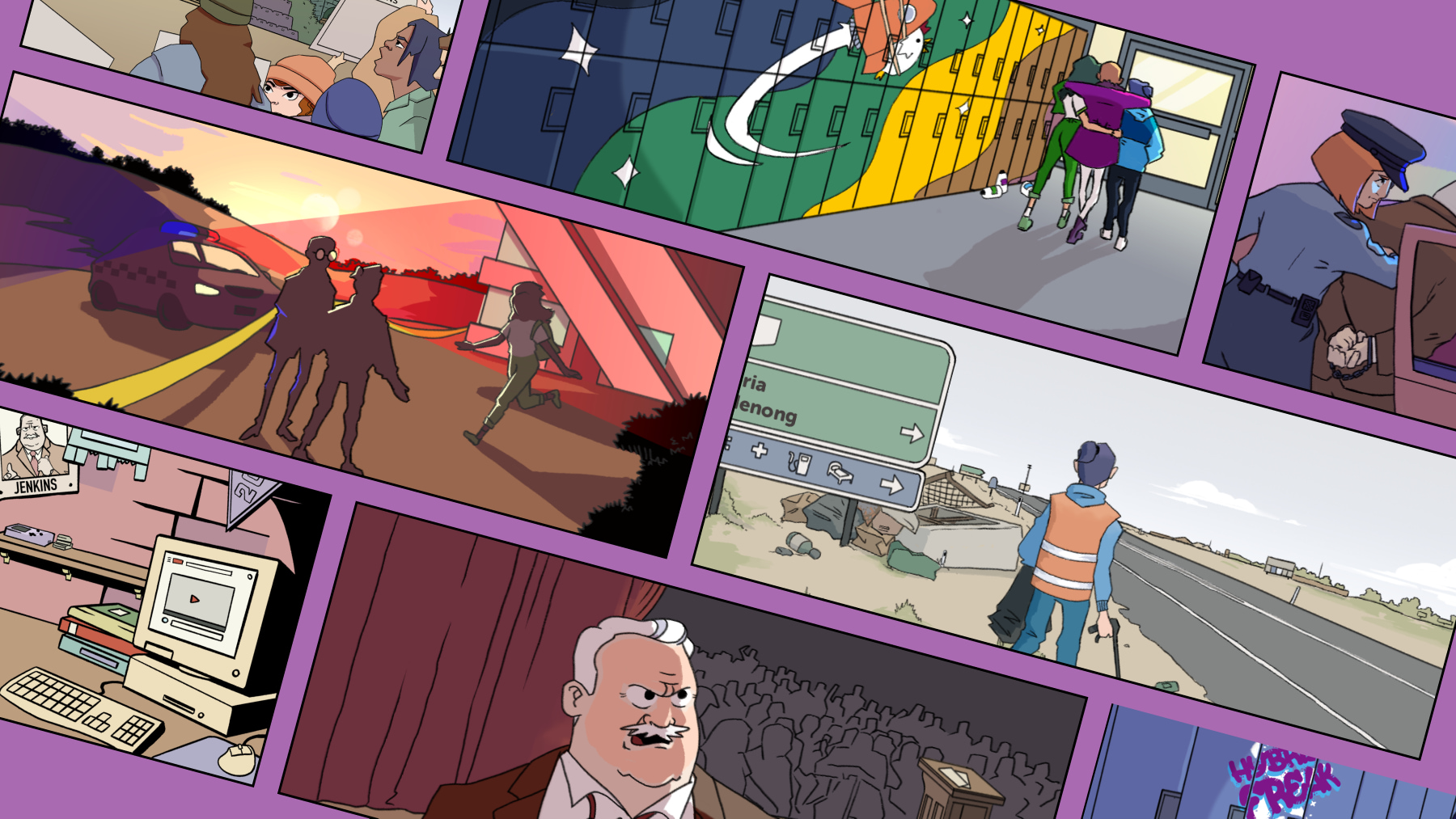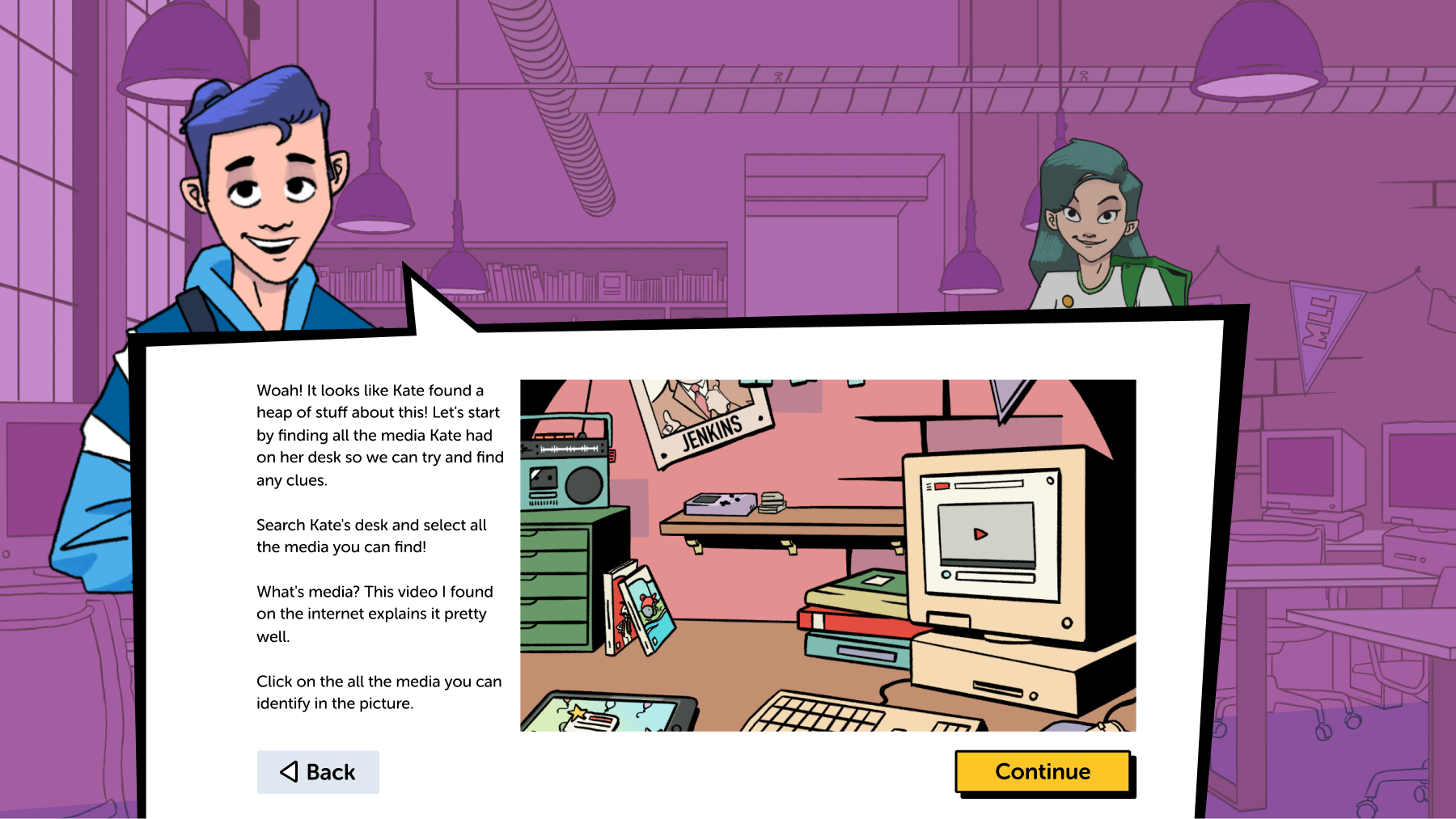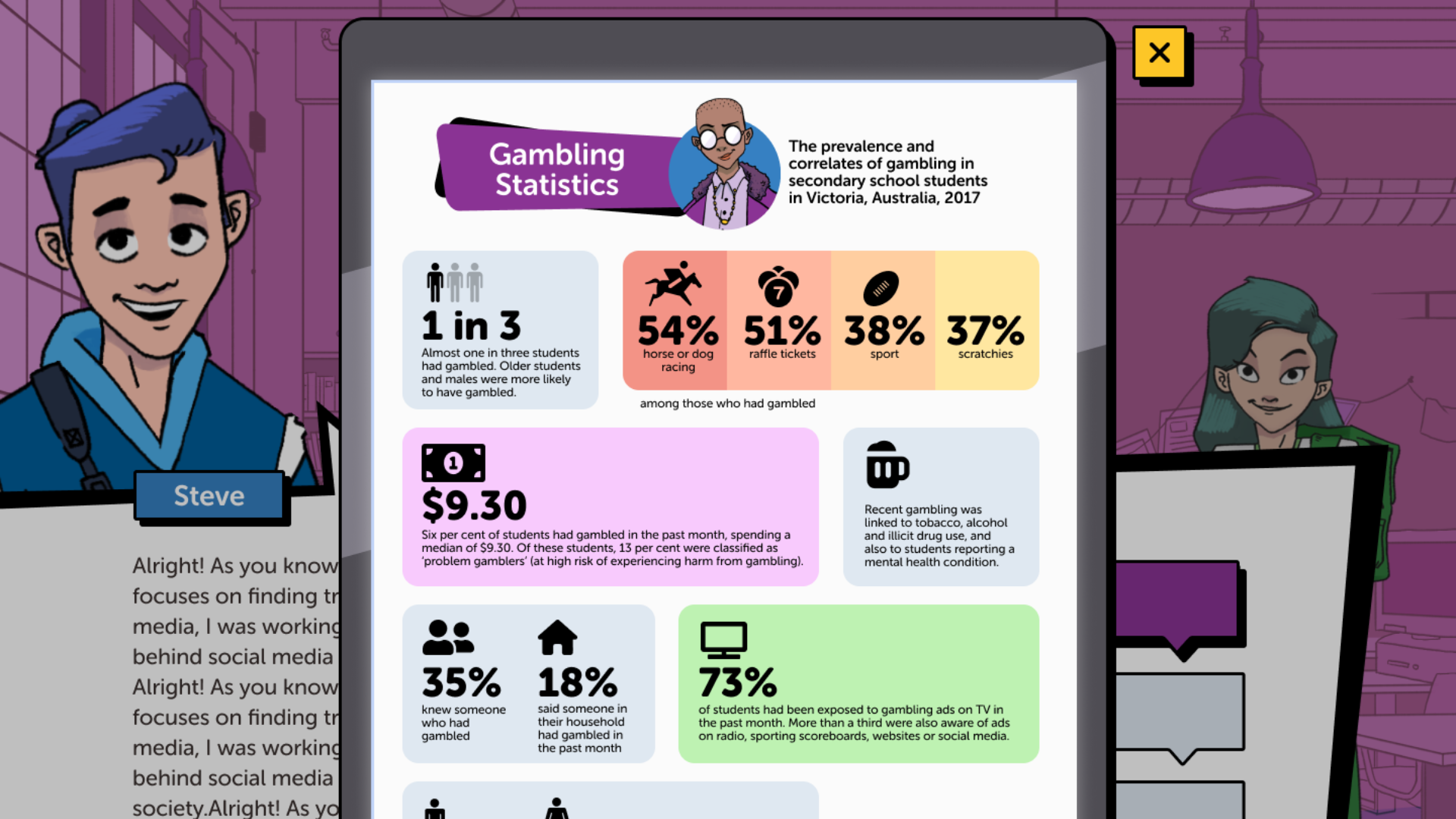The modern media landscape is full of misinformation. It’s hard for kids to know what is real and what is not. The most successful misinformation campaigns are crafty and deceptive. They can present a real danger to anyone who’s caught off guard—especially children.
The Alannah & Madeline Foundation—a charitable organisation on a mission to safeguard our children’s future—set out to do just that. In order to tackle the challenge of educating children in a digital world, they found a partner in DEPT®.

Building an education platform tailored for teachers and students
Together with The Alannah & Madeline Foundation, along with funding from Google.org (Google’s charitable arm), DEPT® created The Media Literacy Lab, an educational platform for students and teachers in schools around Australia. The platform presents students with a series of engaging and interactive learning modules that give them the skills they need to navigate the world of online media. Lessons include topics such as democracy, information bubbles, and issues of discrimination.
The Media Literacy Lab allows teachers to create customised lesson plans and track the progress of each student, and was designed to accommodate different situations and teaching styles, including classroom, blended, and remote learning.

A platform where kids can learn how the media works
We developed the Media Literacy Lab by using Learnosity’s tools to create quizzes. Most of our time was spent making sure Learnosity worked well with our project, later making even further improvements. We also developed a custom system on Amazon Web Services (AWS) to show these quizzes to students and teachers. For the student side, we used basic web technologies like HTML, CSS, and JavaScript.
For teachers’ experience, we deployedVue.JS, which they could use to create accounts for students, assign quizzes to them, and keep track of how well the students were doing.
We developed engaging characters and a new world for students to explore. We tested those designs and made changes across the platform to appeal to young high school students – from the art style, narrative, and learning design, all were thoroughly tested to ensure we had an appealing world and reached the desired learning objectives.

Media Literacy Lab teaches kids to examine their relationship with the media
In 2023, it was announced that the lab will become available for every secondary school following the Government’s commitment of $6 million over three years. Now every student will gain access to essential media literacy education through an innovative, gamified resource.
Questions?
VP Games & Emerging Technology
Joey Egger
Discover more



